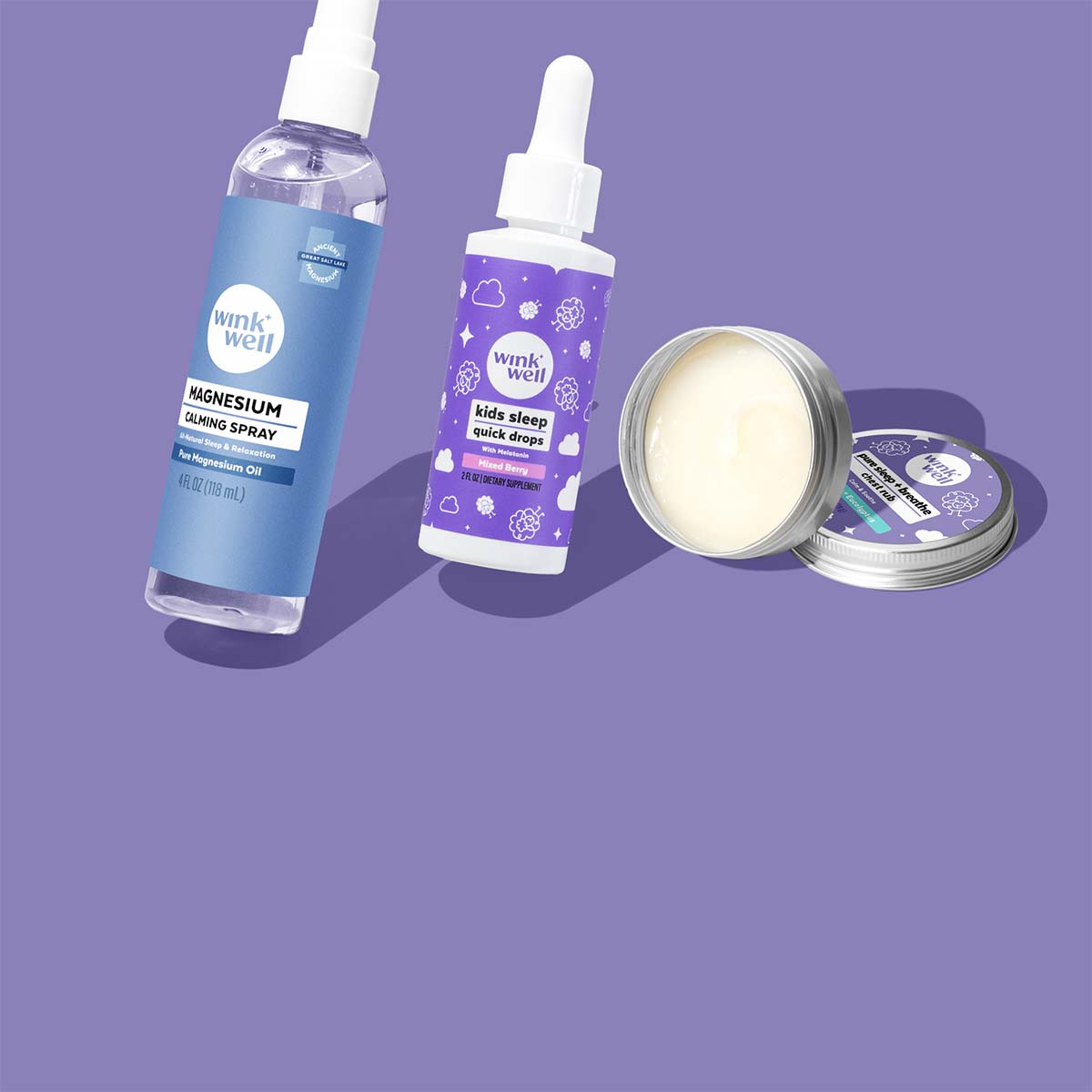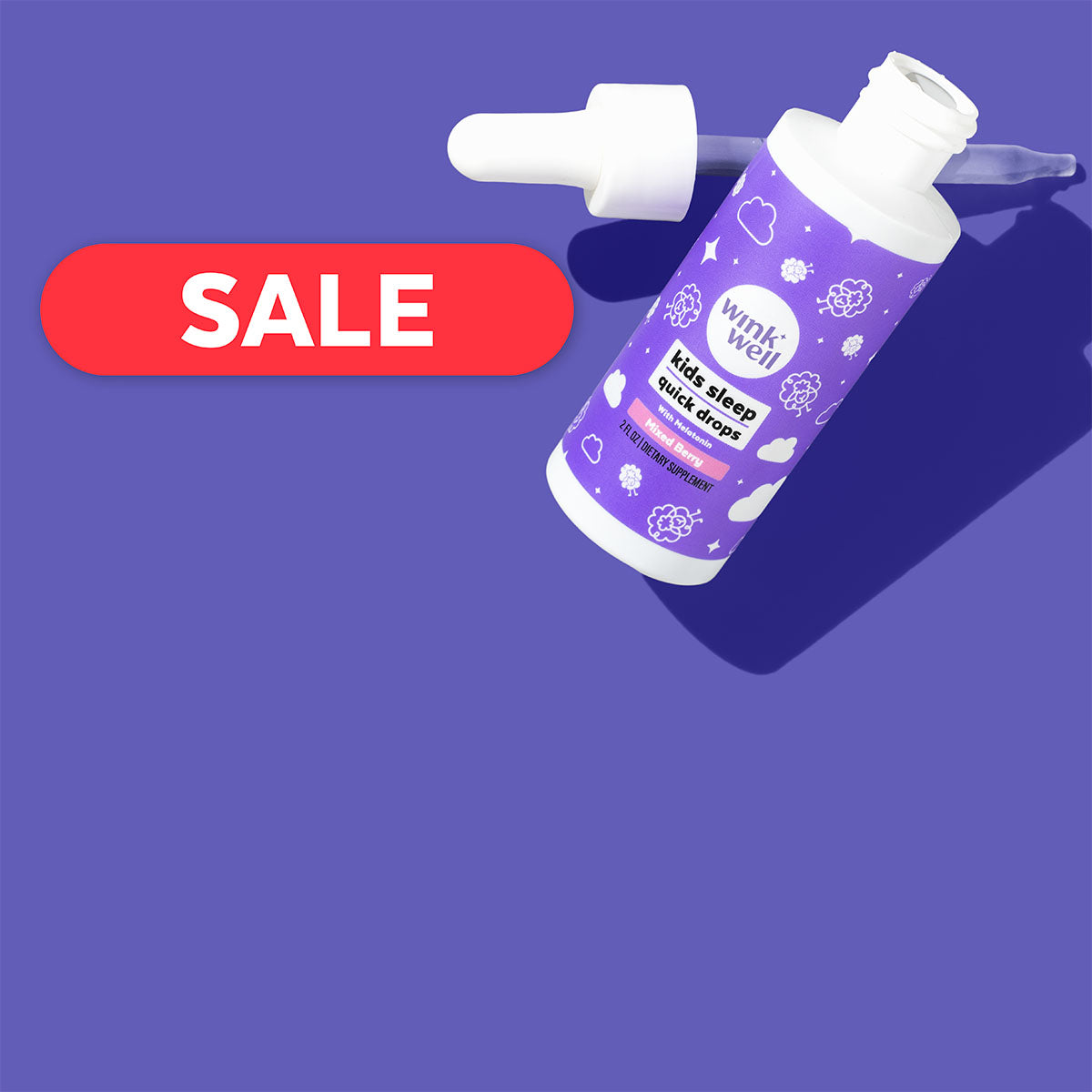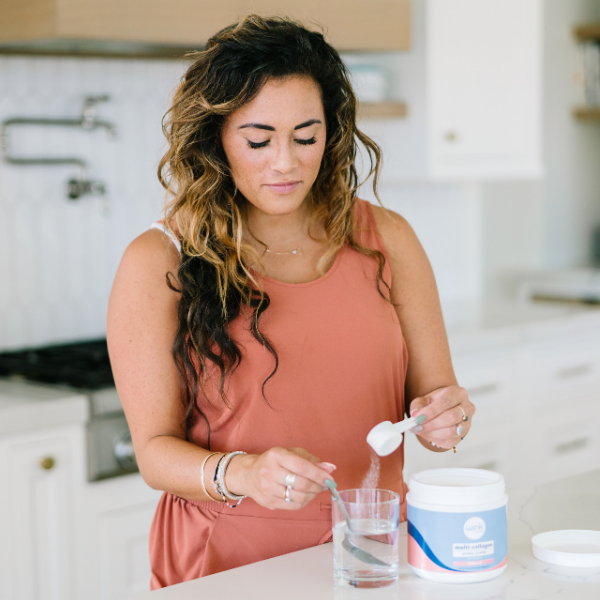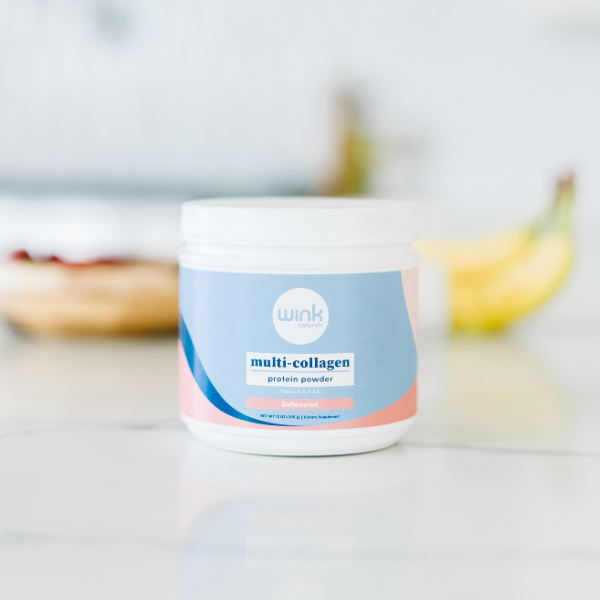The #1 job of your skin is protection. As adults, we take care of our skin by coming up with routines that best fit our lifestyles. When it comes to babies, they rely on us to take care of them (and their skin).
Our skin has 3 main functions:
- Protection: Primary function=barrier. That means protection from impact and pressure, changes in temperature, micro-organisms, radiation, and chemicals.
- Regulation: Our skin helps regulate our body temperature through sweat. It also helps with changes in peripheral circulation and acts as a reservoir for the synthesis of Vitamin D.
- Sensation: The skin is made of an extensive network of nerve cells that detect and communicate changes in the environment (heat, cold, touch, and pain).
The thing is, our little baby’s skin is not exactly the same as ours, at least not yet. So, it requires some additional TLC.
Knowing how baby skin is different from ours can help you create the best routine for them.
Here’s the skinny.
Baby Skin Is Really Thin (And Sensitive)
Structurally, baby skin is different from adult skin. Our skin consists of 3 layers: the epidermis, the dermis, and the subcutaneous layer. The outermost layer of the epidermis is known as the stratum corneum (SC) aka the ‘skin barrier’.
According to clinical studies here are some more differences:
- Baby cells are smaller and collagen fibers are thinner
- Baby skin will continue to develop over their first year of life
- Baby skin loses water more quickly than adult skin
- An infant’s epidermis is 3-5 times thinner than an adult’s
What do those things mean? Let’s explain.
Baby Skin Is Very Permeable
Because your baby’s skin is so thin, its barrier function can be considered weak(er) than an adult’s.
This is why babies can develop reactions easily to skincare products, laundry detergents, clothing, etc.
It’s very common for babies to have acne, cradle cap, and other rashes pop up randomly.
For those reasons, it’s extremely important to pay attention to ingredients. Avoid products that include parabens, phthalates, dyes, and synthetic fragrances.
Here are more ideas on baby skincare.
How To Take Care Of Your Baby’s Skin
According to Hopkin’s Medicine, there are three main rules to newborn skincare:
- Bland and Simple: We all love a good-smelling laundry softener or lotion, but that overpowering smell usually means the product is packed with perfume and other unnecessary ingredients. Remember, baby skin is extremely absorbent so you’ll want to look for fragrance-free, natural products.
- Less is More (when it comes to bathing): Bathing your baby too often can strip their skin of its protective natural oils. Aim for a bath 2-3x a week. Baby skin is thinner and doesn’t hold moisture well so you will want to moisturize daily and especially after bathtime. Make moisturizing part of your child’s nightly routine.
- Protect from the Sun: Avoiding sun exposure is the best protection for a newborn. That means clothing, hats, strollers, covers, etc. anytime you take the little one outside. If you need to use sunscreen, opt for fragrance-free, hypoallergenic sunscreens that list zinc oxide or titanium dioxide as active ingredients.
In the first few weeks after your baby is born, you’ll likely be in and out of the doctor’s office so be sure to bring up your baby skincare questions or concerns during those visits.
And if you’re looking for a good lotion for your new little baby, we recommend our Llama Lotion.
Not only is it great for sensitive skin but it’s gentle and safe for all skin types and ages. Scented with real, natural citrus and lavender oils and is free from parabens, toxins, harsh chemicals, dyes, sulfates, fragrances, or petroleum.
Mystery solved. Now you’re armed with more information to create the perfect skincare routine for your new baby!








Leave a comment
All comments are moderated before being published.
This site is protected by hCaptcha and the hCaptcha Privacy Policy and Terms of Service apply.